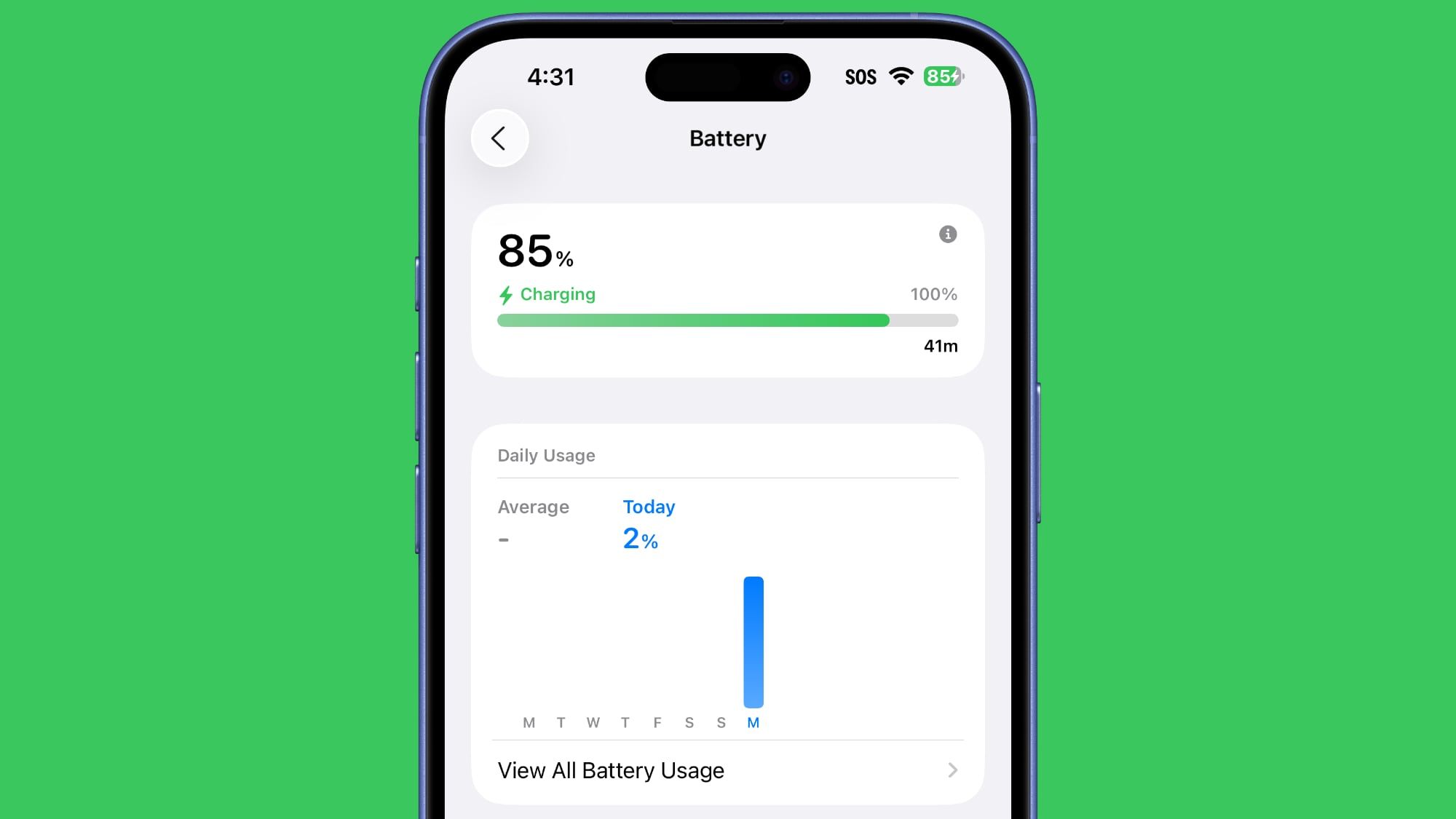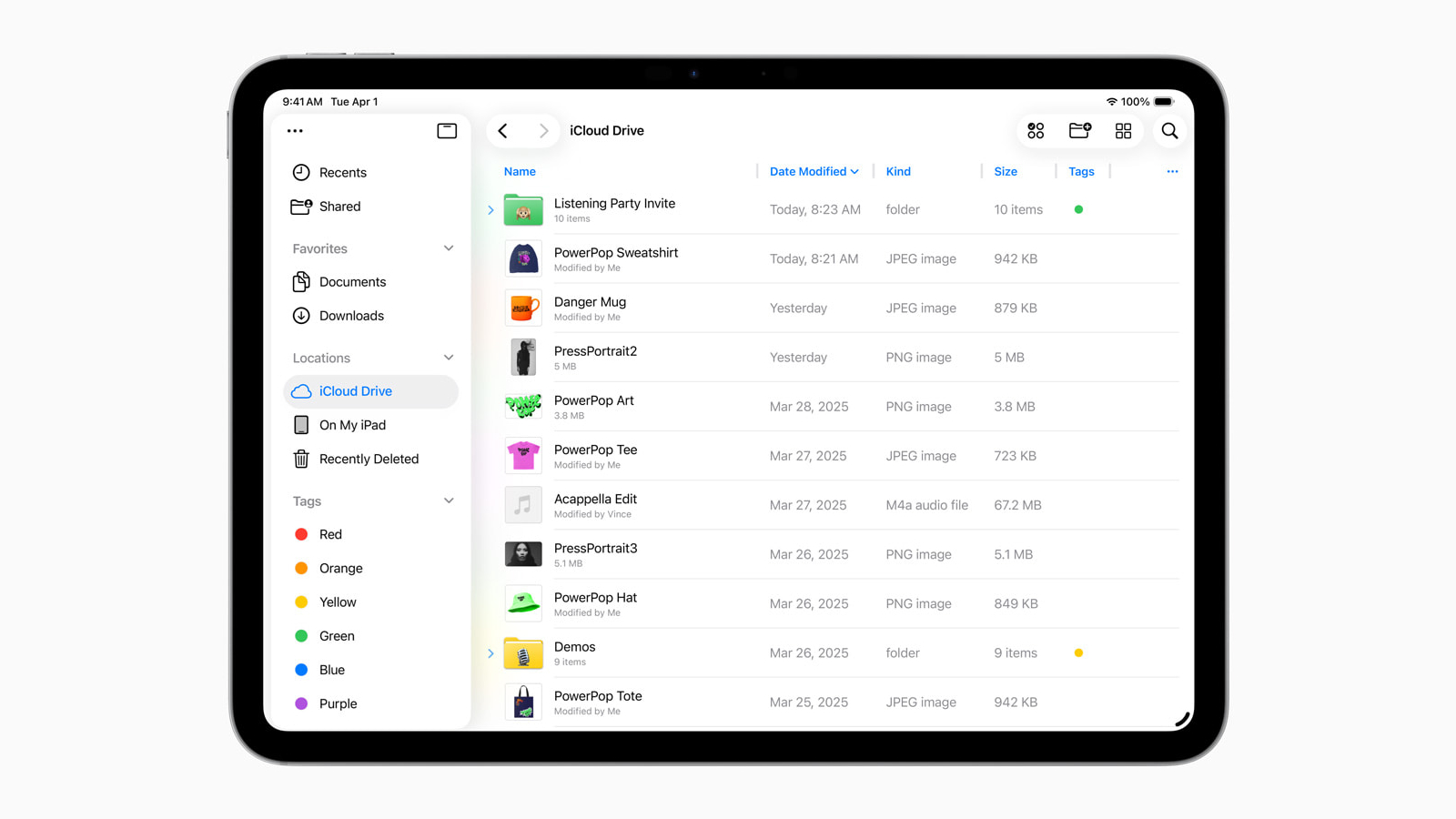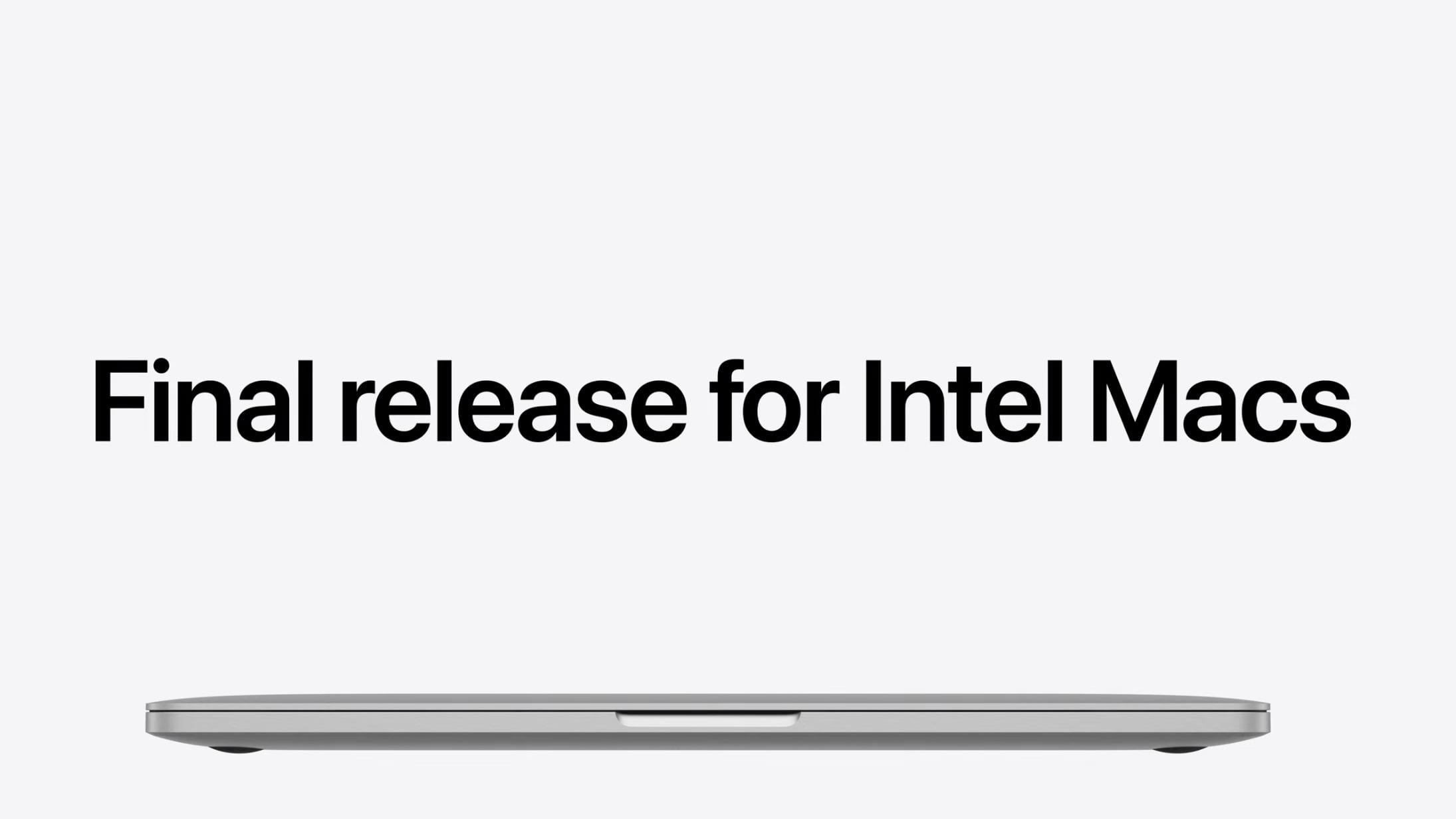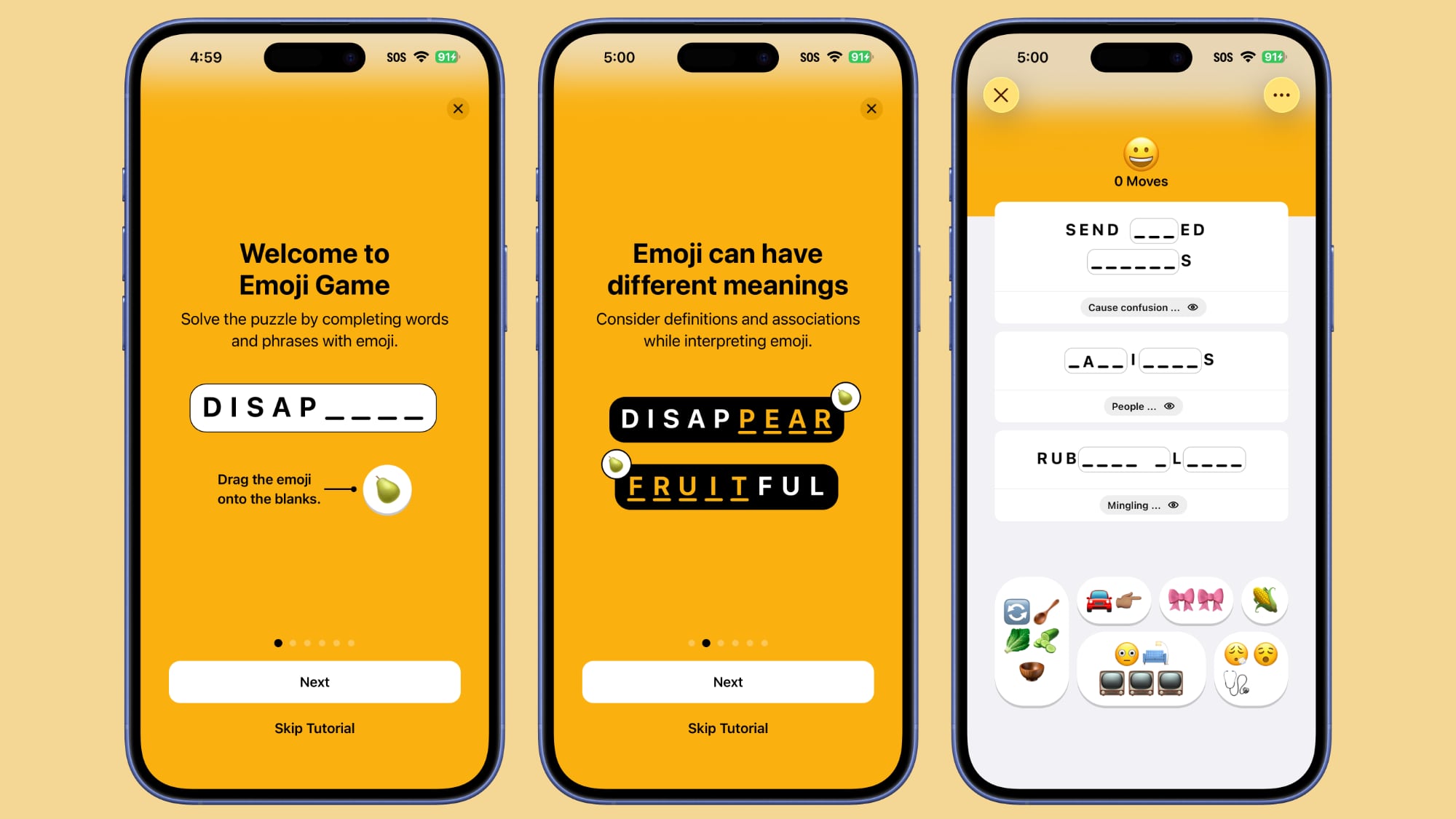No, I don’t want the iPhone 16 to go big on AI
[[{“value”:”
I doubt you could go to a tech-centric show without someone babbling on about artificial intelligence. At MWC 2024, the likes of Qualcomm championed AI in phones, cars and more, while Samsung had its suite of Galaxy S24 phones present and correct to show off the Galaxy AI features they come with.
Now AI has, arguably, been around for years in some form or another. Sure, we don’t have true general AI with human-level smarts or cognitive clout. But machine learning algorithms have been serving up musings and streaming recommendations, translating text, and figuring out what’s in photos for some time. Yet, 2023 saw the rise of generative AI, whereby smart software can produce things from instructions and inference rather than simply working off what it already has.
For all sorts of tasks, from conjuring up holiday plans to content creation, generative AI – fuelled by the likes of ChatGPT – has become a bit of a big deal. In the consumer tech space, you only have to look at the smart photo editing and language cognition features of the Samsung Galaxy S24 Ultra and Google Pixel 8 Pro to see such AI in action.
So, it’s no surprise that the very much still-rumored iPhone 16 is being tipped to come with generative AI features, with Apple likely being fashionably late to the show by bringing in a new level of AI-powered smartphone tools.
But I’m not down with that.
Stick to the core
(Image credit: Future / Philip Berne)
Of course, AI has played a role in iPhones for ages with the Neural Engine on Apple’s A-series chips powering machine learning algorithms and the Semantic Rendering that has helped iPhone feature consistently on our best camera phones list. However, I’m not so keen on Apple going deep into generative AI.
Apple’s phone photography is hardly ‘real’ per se, given the way the camera system will capture data and images before the shutter button is pressed and stick together multiple shots. You’re never likely to get the exact scene you’re shooting as a perfect split-second snapshot.
Yet, the image processing applied has often felt like the most realistic of all the phones I use; iPhones have no qualms leaving dark areas dark and letting highlights bloom in all their glory if the scene calls for it. And this is one of the main reasons why I use an iPhone 15 Pro Max despite the temptation of Android.
While iPhones have no shortage of editing options or filters, I tend to enjoy the photos they produce in their default settings – or at least default to particular modes – which are very Instagrammable or reaching a standard where putting them on this very website is fine. The idea of having more AI tech to mess with these photos and move away from the realism I feel enshrines iPhone photography isn’t tickling my phone-loving synapse.
I’m fine with generative AI on Pixel phones, as they’ve always seemed like a testbed of tech innovation; plus, Google does a good job with AI tools and integration. And on Galaxy phones, generative AI sort of fits with the whole maximalist ‘here’s a feature for everything’ vibe I feel Samsung’s flagship phones have.
I’d not argue against a smarter Siri, and other behind-the-scenes optimizations powered by smart processing. But I don’t want a next-gen iPhone to be stuffed with generative AI, manipulating photos beyond realism or serving up too many suggestions.
That’s because I see iPhones as inherently practical devices; something that’s simple and somewhat manual in operation, with me granting it permissions to suck data from text when needed rather than having an AI-powered assistant or interface trying to do everything for me. I feel Apple’s insistence on arguably limited interfaces and customization, matched with a highly-curated app store, encapsulates this feeling. The iPhone is an everyday tool that you use, like a watch, rather than a super-smart gadget.
Conversely, the design and the feeling of intent behind some of the best Android phones is to be more like gadgets that you can work with and manipulate into what you want. I’m fine with that, and there’s a place for such Androids in my life.
But my appreciation for iPhones comes from their simplicity, privacy, ease-of-use and stylish tool-like functionality. This makes them feel boring compared to their Android counterparts, but that’s low-key appealing to me when I just want something to get things done without a load of AI stuff getting in the way.
Apple does have a reputation for taking existing tech and honing it into a fine point to make the user experience super-slick. So there’s a good chance it could do that with generative AI.
Yet right now, I feel generative AI isn’t quite as capable as I’d like it – even Google’s Magic Editor isn’t that robust in my experience. Instead of being drawn in by AI hype, I’d like the next-generation iPhone to focus on offering more of what Apple is known for: a phone that ‘just works’.
You might also like
8 things Apple needs to do to ‘fix’ the iPhone next yearI thought titanium on phones was nonsense until I tried the iPhone 15 Pro Max and Galaxy S24 UltraCircle to Search on the Samsung Galaxy S24 Ultra gives me a reason to not hate generative AI
“}]]







